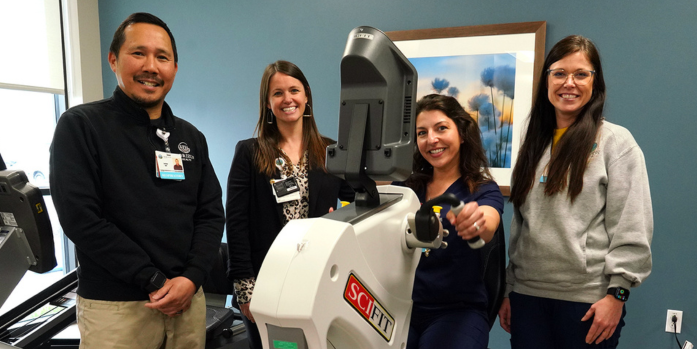The benefits of soy
- Category: Blogs, Primary Care
- Posted On:
- Written By: Horizon Health

As some see it, soy offers many health benefits. Aside from being affordable, it is a complete source of protein that is rich in nutrients and low in calories.
Soy is a plant. Its beans (soybeans) are used to make tofu, soy milk, soy burgers, soy sauce, and more. It is added to many prepared foods, including breads, breakfast cereals, and energy bars. It is also available as a protein supplement.
According to the Cleveland Clinic, adding more plant protein to a diet has clear cardiovascular benefits, such as lowering blood pressure. Soy foods are naturally cholesterol-free, low in saturated fat, and enriched with vitamin B12, calcium, and vitamin D. Soy can be a good source of protein for vegans and vegetarians who do not consume animal proteins, which are high in saturated fat and cholesterol.
Soy and breast cancer
One topic of discussion is soy’s relationship to breast cancer.
Soy contains high amounts of isoflavones, estrogen-like compounds found in plants, which can have similar qualities to the female hormone estrogen. Lab studies have shown that isoflavones can sometimes act like estrogen and promote tumor growth. At other times, they act against the effects of estrogen.
According to the Susan G. Komen Breast Cancer Foundation, eating moderate amounts of soy foods “very likely does not increase the risk of breast cancer.” The Mayo Clinic agrees that consuming moderate amounts of soy (one to two servings per day) does not increase the risk of breast cancer, or even other cancers.
Additionally, research shows that eating soy at higher levels typically seen in Asian countries may lower the risk of breast cancer, according to the Komen Foundation. Research also indicates that eating moderate levels of soy may lower the risk of recurrence and mortality in breast cancer survivors.
The Komen Foundation concludes that moderate amounts of soy are safe to eat and can be part of an overall healthy diet. In moderation, soy can be part of a healthy meal plan that focuses on more plant-based foods and less red meat.



